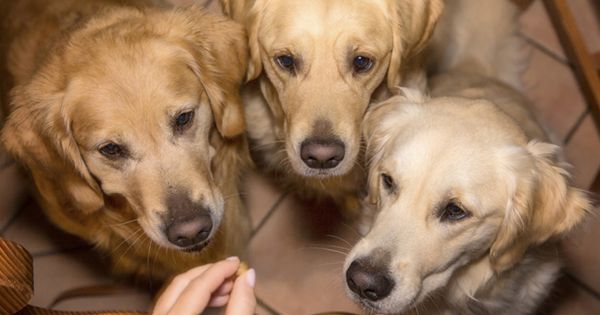|
Every day we see injured or dead wildlife on roads, parks or properties and few people know what to do with these animals.
Orange Vet Hospital supports WIRES (Wildlife Information Rescue and Education Service) and we have a qualified WIRES carer on staff.
Kangaroos, wallabies, wombats, birds and tortoises are some of the most common animals we see on the side of the road either injured or dead.
If you happen to see an injured animal please approach them calmly and quietly if it is safe to do so being very aware of oncoming traffic. The animal is still likely to attempt to get away. Blankets and towels are fantastic to keep in your car to place over the animals head or body in order to secure and calm them; once contained we encourage you to contact WIRES or bring into Orange Vet Hospital.
Birds should always be contained in a box and kept in a dark quiet area (as they are easily stressed and can suffer cardiac arrest if not treated appropriately).
If the animal is dead and it is safe to do so move it off the road into the ditch. This helps protect other native wildlife, e.g. Wedge Tails, that feed on the carcase and protects other motorists as well. Once the animal is moved off the road PLEASE check the pouch for a joey as they can live inside for up to 5 days after the mother has died.
A live joey can be gently removed from the pouch and placed inside an inverted jumper or wrapped in a towel. It will probably be very stressed so keep it warm, dark and quiet. If you can contact WIRES or bring into Orange Vet Hospital as soon as you can it will be the best thing for the little joey.
Once an animal is brought into our clinic our veterinarians will assess any injuries, give appropriate treatment and contact a WIRES carer who, in turn, will take over the ongoing treatment or care until they are ready to be released back to the wild.
These animals need specialised care and should only be raised by trained and licensed wildlife carers. It is illegal to care for wildlife without a licence.
You can contact WIRES at 1300 094 737 or download the WIRES rescue app
You can contact Orange Vet Hospital at (02) 6361 8388
|
